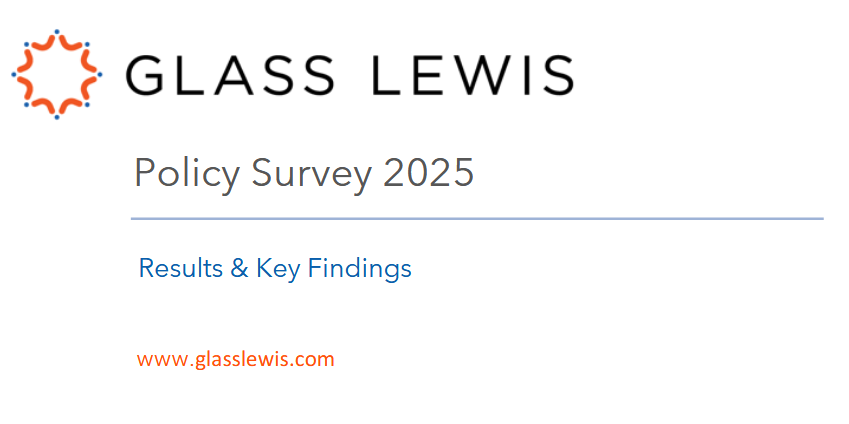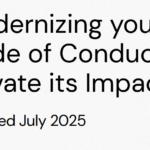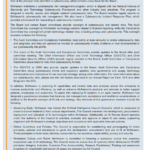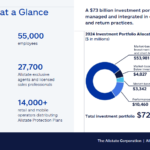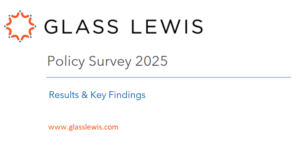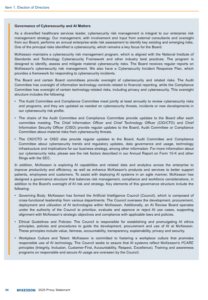The recent policy survey results from Glass Lewis reveals that there is a significant gap between investor and non-investor views on how the impact of tariffs should be accounted for in executive pay outcomes. While a significant portion of both groups responded that it was context dependent, investors were twice as likely to favor taking no action and leaving executive outcomes aligned with those of shareholders.
However, disclosure here can be key. According to the Glass Lewis results, among investors who took a pragmatic approach, disclosure was a key factor: “We would consider the rationale for adjustment, including the necessity and quantum of adjustment. It is also helpful to understand any retention concerns.” (U.S. asset manager)
In addition, some respondents expressed an expectation that boards account for tariffs in their planning, rather than waiting until after the fact: “For long-term awards granted in 2025, companies should proactively address the risk of windfall gains. For example, a temporary drop in share price at the time of grant could inflate the number of instruments awarded under equity-based plans, potentially leading to disproportionate outcomes. We expect companies to mitigate this risk through appropriate safeguards and disclosures.” (European asset manager)
